Keywords: Disability
There are more than 200 results, only the first 200 are displayed here.
-

EDUCATION
- Frank Brennan
- 24 May 2017
20 Comments
The level of consultation prior to the announced changes was appalling. But that is water under the bridge. It's time to enunciate some clear principles, and for respectful consultations to take place investigating how those principles can be best applied. This must be done within the realistic political environment in which we find ourselves. At the same time the Catholic system should ensure its schools are more available to the poor, enacting Pope Francis's desire for 'a Church which is poor and for the poor'.
READ MORE 
-

AUSTRALIA
- Julie Edwards
- 10 May 2017
5 Comments
'Labor-lite' or not, there are many investments contained in the budget which will work towards a more just society, including the securing of funding for the National Disability Insurance Scheme by raising the Medicare levy, and the needs-based approach to school funding, dubbed 'Gonski 2.0'. But among these commitments that seek to create a more equitable Australia, this budget again seeks to vilify welfare recipients, among the most vulnerable members of our community.
READ MORE 
-

RELIGION
- Frank Brennan
- 08 May 2017
1 Comment
Our Church is presently a strained, outdated social institution with an exclusively male hierarchy and clergy. But it is also the privileged locus for us to be called to the banquet of the Lord sharing theology and sacrament which have sustained the hearts and minds of similar pilgrims for two millennia. Thank God for Pope Francis who is showing us the way, helping us to find meaning in our changing and chaotic world, putting a fresh spring in the step of all those Catholics holding in tension the prophetic and the practical, the theological and the humanist, the tradition and the contemporary reality.
READ MORE
-
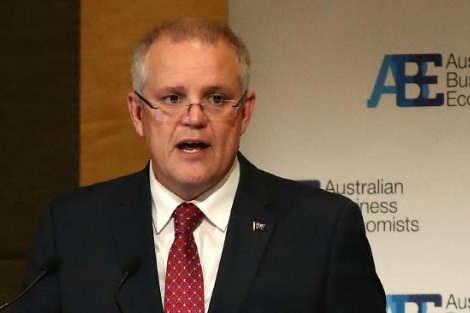
AUSTRALIA
- Frank Brennan
- 07 May 2017
7 Comments
Part of the cost of the double dissolution election last July has been the creation of a Senate with the largest, most diverse group of crossbenchers ever. This will make the passage of any new contested Budget measures difficult, particularly given the Prime Minister’s vulnerability on his right flank, and the Labor Party's propensity to mimic the Opposition tactics adopted previously by Tony Abbott. The government needs to create a clear narrative as to how it will achieve equitable and sustainable growth through this Budget.
READ MORE 
-
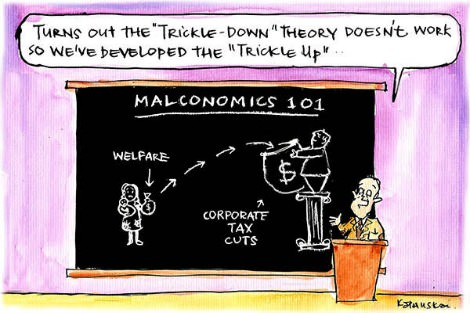
AUSTRALIA
- Frank Brennan
- 10 April 2017
16 Comments
In an age of 'budget repair', social policy risks becoming just a sidebar to economic policy which is a contest of ideas about how best to grow the size of the pie thereby providing a slice for 'the deserving poor' without having to redistribute too much of the pie, while 'the undeserving poor' drop off the edge as they would have anyway. For those of us schooled in Catholic social teaching, the so-called 'undeserving poor' are the litmus test of our commitment to the human dignity of all persons.
READ MORE 
-
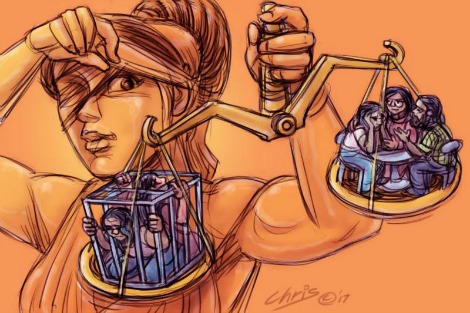
AUSTRALIA
- Ann Deslandes
- 31 March 2017
10 Comments
Australia was rated as the top destination for millionaire migrants in 2016 for the second year in a row. Meanwhile the latest Australian Institute of Health and Welfare reveal high correlations between prison entrance and indicators of entrenched poverty and discrimination. If we want our system for justice to amount to something more than a mirror of our inability to distribute wealth and opportunity evenly, we need to address the undeniable role wealth inequality has in putting people in prison.
READ MORE 
-
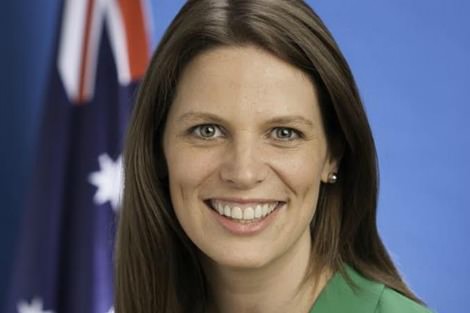
AUSTRALIA
- John Warhurst
- 30 March 2017
3 Comments
The announcement by Kate Ellis, the 39 year old federal Labor MP for Adelaide, of her retirement at the next election to be with her young son came as a surprise. Several Fairfax journalists were dismayed. Stephanie Peatling issued a challenge: 'It's not people who should have to change to make their lives fit politics as we know it. It's politics as we know it that should change.' The immediate issue is gender balance, but the wider context is all types of diversity in parliament.
READ MORE 
-

INTERNATIONAL
- Julie Davies
- 24 January 2017
11 Comments
I can understand the Trump phenomenon. Hard-working Americans and many Australians are blaming various minorities as responsible for their decline. They are being blinded to the real culprits: our own governments and their wealthy backers. Juvenal's 'bread and circuses', designed to keep the people docile and distracted in Ancient Rome, have been updated to Maccas and manufactured news. And hatred. Are we so easily manipulated? Is the American model the future Australia wants for itself?
READ MORE 
-

AUSTRALIA
- Jack Maxwell
- 23 January 2017
25 Comments
Two issues can be dealt with shortly. First, ministers of religion must be free to solemnise marriages in accordance with their beliefs. Second, there is no basis for extending a similar concession to marriage celebrants. The case of commercial service providers is more complex. Many argue that caterers, florists, reception centres and so on should be free to refuse to participate in same-sex weddings, on the basis of their religious beliefs. The case for the commercial exemption is unconvincing.
READ MORE 
-

AUSTRALIA
- Rachel Woodlock
- 15 November 2016
7 Comments
It is an enduring personal tragedy that I can never think of 'zinger' responses to hurled insults until having turned them over in my mind for some time. The white male hoon in his 20-year-old unroadworthy car has long-since roared away from the traffic lights after shouting some unremarkable and unoriginal statement: 'Go back to where you came from you [expletive] terrorist.' Kilometres later I'm ready to shout out: 'I would, but Doncaster East is becoming way too pricey for the likes of me.'
READ MORE 
-

AUSTRALIA
- Fatima Measham
- 27 October 2016
7 Comments
Unless you have lived elsewhere, where taxes and rates rarely manifest as a tangible and permanent benefit, it is easy to take councils for granted. I grew up in a town where potholes are forever, healthcare is ad hoc and libraries are private. The things that I see my local council do as a matter of routine are wild luxuries in other places around the world. Such competencies arguably measure the health of a democracy - it means that most of the money has not been lost to corruption and fraud.
READ MORE 
-
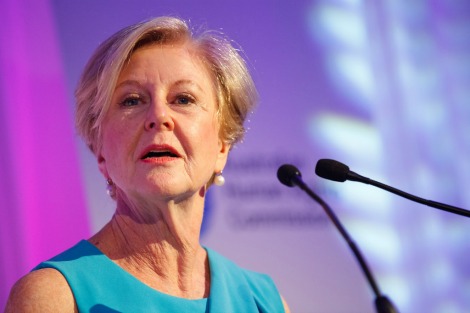
AUSTRALIA
- Moira Rayner
- 25 October 2016
55 Comments
This damnable pursuit of Gillian Triggs must stop at once. Triggs is an outstanding independent statutory office holder, one of the many appointed by governments over decades to remind them of Australia's international human rights obligations and to oversee the functions of laws to mitigate social wrongs such as age, race, disability and sex discrimination in public arenas. But no government likes watchdogs on the moral and legal limits on its power.
READ MORE 